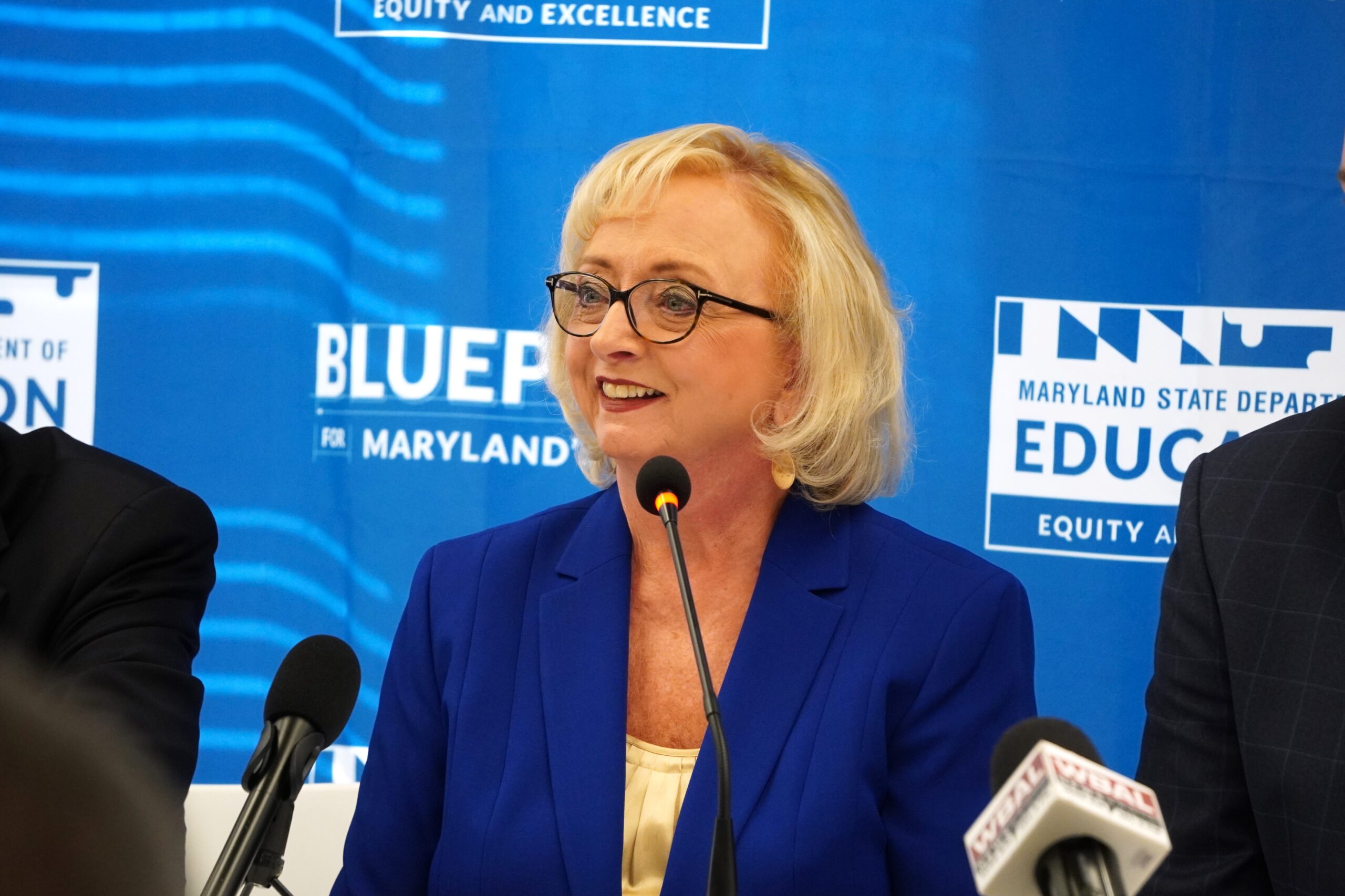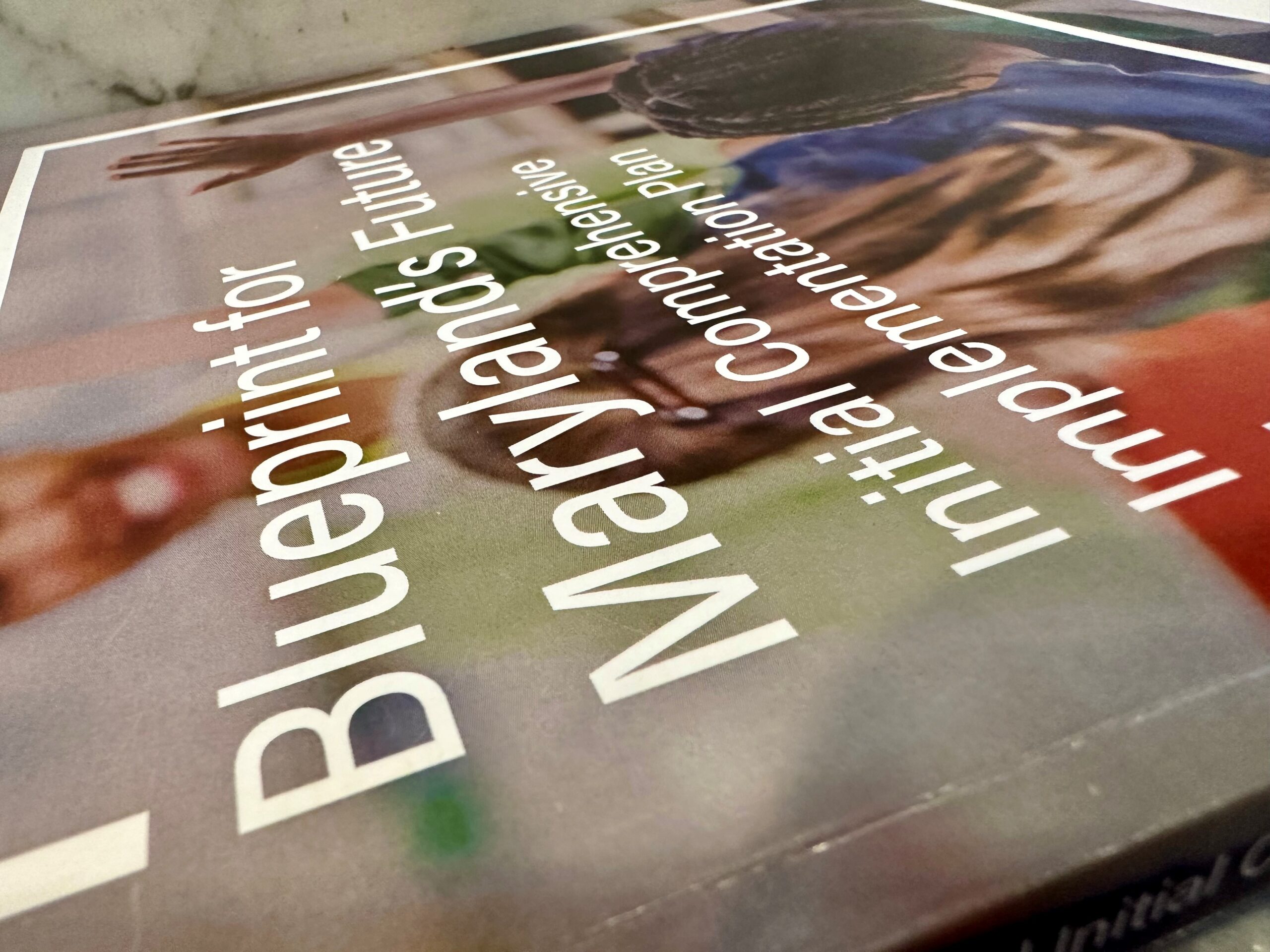Kalman Hettleman: Education politics isn’t what you (especially liberals) think it is: it’s worse

The writer of a lengthy cover story in the New York Times Magazine earlier this year on Randi Weingarten, head of the national American Federation of Teachers union, described his months of interviews “about the convulsions in American education. ” The author’s big takeaways: “it’s no longer possible to separate education from politics, and public schools are more vulnerable than they’ve ever been.”
He got it half right. Public schools are an endangered species. But education and politics have never been separate. Public schools have always been entangled in politics.
To be sure, the politics is getting worse. Across the country, right-wing cultural warriors are holding school reform hostage to inflammatory disputes over critical race theory, LGBTQ rights and which books to ban.
Still, preK-12 politics is more complicated, misunderstood and grim than that. (It’s far less so in Maryland than elsewhere, but even so, under the Blueprint for Maryland’s Future, we face daunting political obstacles, as noted later.)
Across the national landscape, it isn’t just Republicans versus Democrats. There are internecine clashes on both sides of the aisle.
Among Republicans, there are, as a Brookings Institute scholar points out, two camps. One is the “DeSantis wing” which doesn’t “seem to care much about education per se but sees opportunities to use schools for political gain.” The other camp, he writes, “seem to care about education but doesn’t particularly care for public education … they’re skeptical of government run schooling.”
Still, conservatives unite in an all-out push for privatization and choice while liberals are still proving the truth of Will Rogers’ age-old quip: “I am not a member of any organized party — I am a Democrat.”
Democrats are splintered over just about everything about public schools except seeking more funding. They quarrel over grand strategy, with some arguing — harkening as far back as the famous Coleman Report in 1966 — that schools can’t overcome family and community poverty. Therefore, they say, social and economic programs outside the schools must have higher priority than educational programs inside schools.
I agree with an analyst who calls this “‘a false binary:’ the idea that Democrats can either focus on improving schools or on improving the living conditions of students and families.” Nonetheless, tension continues. In the Blueprint, funding for outside wraparound services and community schools competes with funding for inside classroom instruction.
There are other divisions among Dems. Many “progressives,” including national teachers unions (which have their own internal conflicts over strategy), often join conservatives in opposing or watering down academic standards, tests and accountability for spending. President Barack Obama tried a balanced approach, tying more federal money to stronger accountability measures and charter schools. But the education establishment, liberals and conservatives alike, eroded and eventually doomed his efforts.
President Obama was attempting to cast school reform in the bipartisanship mold that prevailed in the 1980s through early 2000s. “Education governors” like Democrats Bill Clinton in Arkansas and Richard Riley in South Carolina teamed up with Republicans George W. Bush in Texas and Lamar Alexander in Tennessee to spearhead national and state reforms, including more money and more accountability.
This kind of bipartisanship is long gone. Differences between Democrats and Republicans over public education grow and fester. The nation and many states (not Maryland thankfully) are witnessing what has been termed “the strange death of education reform.”
Fortunately, Republican cultural warriors aren’t matching headlines with headway. The conservative-leaning analyst Frederick Hess observes that “Democrats have lost public confidence on public education, but Republicans haven’t gained it.”
Still, Republicans seem to be learning political lessons more creatively than Democrats. For example, earlier this year, Arkansas Gov. Sarah Huckabee Sanders joined a batch of other Republican governors reaching out to swing Democrats. Her education package included standard fare for her conservative base, like prohibitions on teaching CRT and funding of private school choice via education savings accounts. But it also offered enticements for Democrats: huge pay raises for teachers and additional funding for literacy instruction.
It’s hard to find comparable Democratic initiatives. A much-discussed op-ed in the New York Times asked “Why are we letting Republicans Win the School Wars?” However, its co-authors struggled to lay out a persuasive political campaign to regain the education ground lost to Republicans since the 2022 elections.
What should Democrats be doing? Starting at the top, President Joe Biden needs re-schooling in the balanced approach of his past boss Obama. As president, Biden been uncharacteristically slow to seek middle ground on accountability and charter schools. He and Democratic leaders across the country are squandering the chance to reach out to swing voters who are swallowing conservative rhetoric on public schools.
Fortunately, Maryland is an exception. It’s too long a story for this commentary but, in brief, we’re exceptional — a blue state with a groundbreaking Blueprint for school reform. Last year, the Republican candidate for governor, an all-out cultural warrior, lost in a landslide.
Yet, there’s a long way to go, and even in Maryland, education politics isn’t as simple as you think. Just ask liberal Gov. Wes Moore (D) and legislative leaders who are now on the hot spot. Bold action is urgently required as implementation of the Blueprint faces concerns about management and funding.
The political stakes are high. If the Blueprint fails to deliver on its promises, school politics may veer to the right in Maryland, and the nation will have lost a liberal model for reform.




 Creative Commons Attribution
Creative Commons Attribution